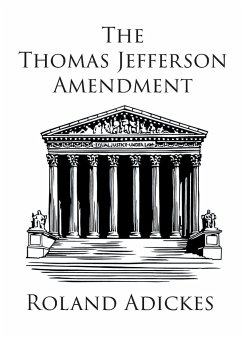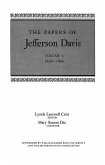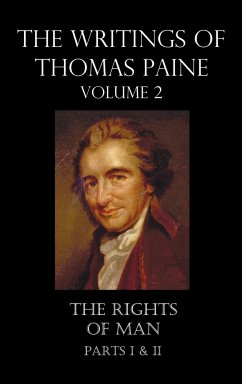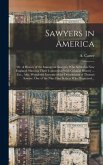In 1821, Thomas Jefferson foresaw how the US Supreme Court would, over the years, steadily increase the powers of the federal government and reduce the "independent rights" of the states, reserved by the Constitution. In order to save the Republic, Jefferson proposed an amendment to the Constitution by which the people would have ultimate control over the opinions of the Supreme Court. The amendment Jefferson proposed was to provide "some practical and impartial control" by "a mixture of State and Federal authorities," enforced by impeachment of individual justices. Today, two hundred years later, the need for such an amendment is as strong, or even stronger, than it was in Jefferson's time. But in the context of today's partisan divisions, Jefferson's proposed method of enforcement, by impeachment of a justice, could not be, if ever it was, "practical and impartial control." We need to focus on correcting specific erroneous opinions, like Kelo v. City of New London (2005), rather than impeaching the justice who committed a few errors, or even a sole error, during his tenure. This book proposes a constitutional procedure by which the people, acting directly, can overrule erroneous opinions and, over time, cut back the "administrative state" which threatens the unique form of government by delegated and enumerated powers created by the Founders.
Hinweis: Dieser Artikel kann nur an eine deutsche Lieferadresse ausgeliefert werden.
Hinweis: Dieser Artikel kann nur an eine deutsche Lieferadresse ausgeliefert werden.






![History of the Bodenhorn Family; [descendants of David and Elizabeth Bodenhorn], by Thomas Bodenhorn, Assisted by E. E. DeWitt ... and Others. History of the Bodenhorn Family; [descendants of David and Elizabeth Bodenhorn], by Thomas Bodenhorn, Assisted by E. E. DeWitt ... and Others.](https://bilder.buecher.de/produkte/68/68592/68592836m.jpg)

